How Much Does a Culligan Water Softener Cost?
Responsible homeowners are sure to be proactive and address hard water issues before they become a major problem. But do you have the experience to see the signs that your water supply needs help? Or that your appliances and plumbing are suffering from a water supply that could be harmful in the long run? Hard water can lead to a myriad of issues, including water spots on appliances and glasses, mineral build-up on faucets, slow...


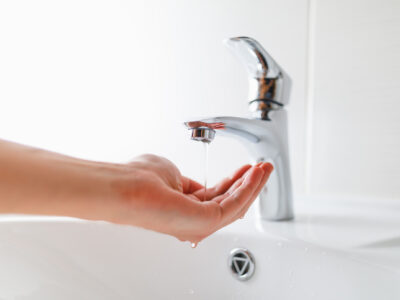
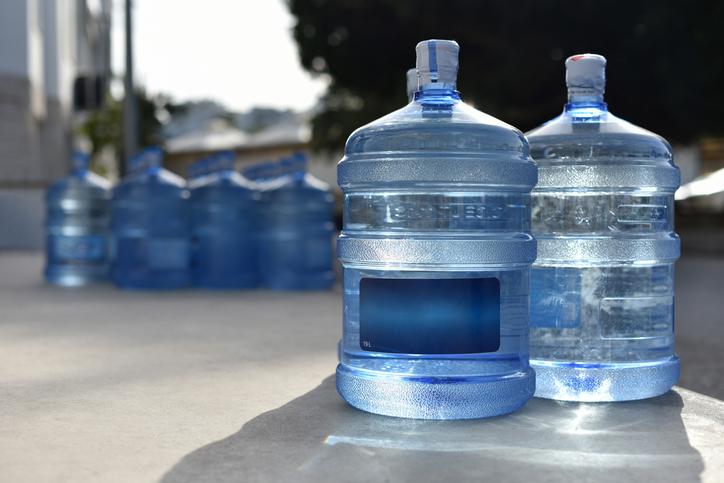
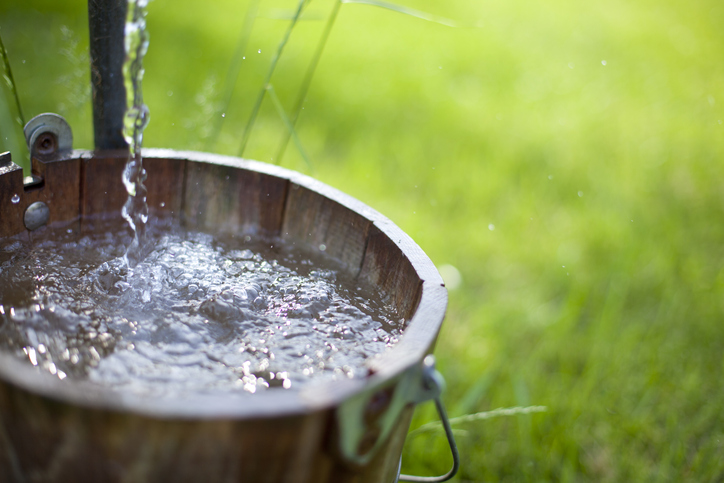

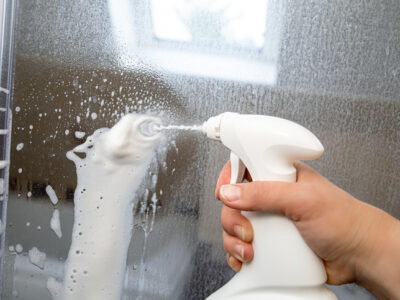

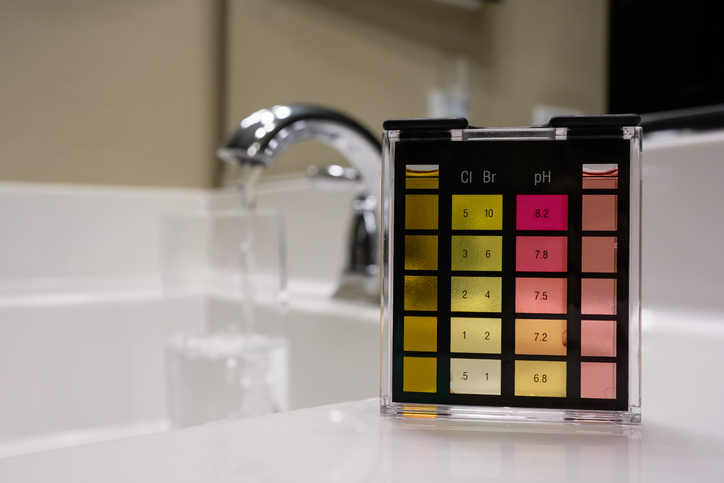
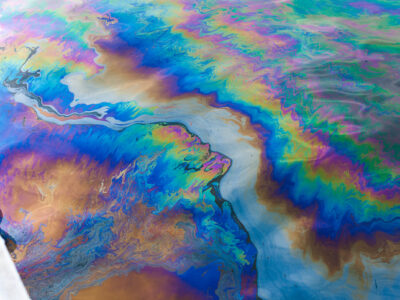

Facebook